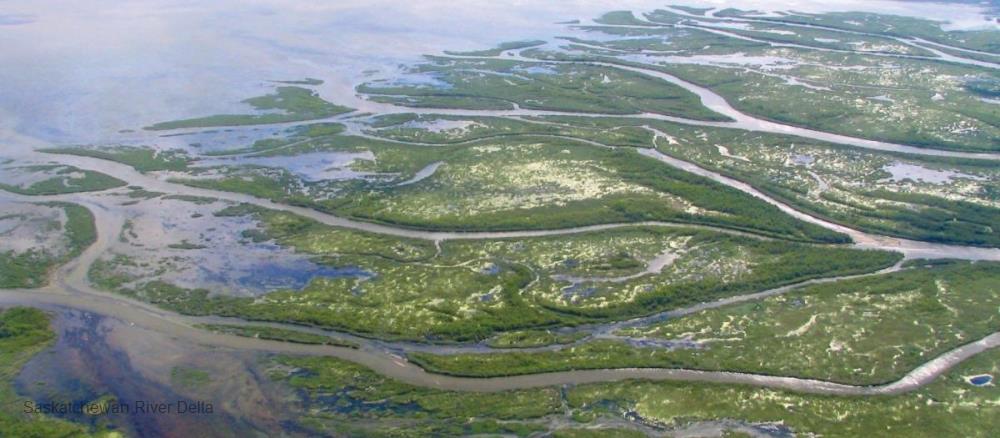
Related items loading ...
Section 1: Publication
Publication Type
Conference Poster
Authorship
Jensen Grant, Krogstad Konrad, Rezanezhad Fereidoun, Hug Laura
Title
Microbial Community Compositional Stability in Agricultural Soils During Freeze-Thaw and Fertilizer Stress
Year
2022
Publication Outlet
AOSM2022
DOI
ISBN
ISSN
Citation
Grant Jensen, Konrad Krogstad, Fereidoun Rezanezhad, Laura Hug (2022). Microbial Community Compositional Stability in Agricultural Soils During Freeze-Thaw and Fertilizer Stress. Proceedings of the GWF Annual Open Science Meeting, May 16-18, 2022.
Abstract
Microbial activity persists in agricultural soils throughout the non-growing season (NGS) and related freeze-thaw cycles (FTCs), with peak activity during thaw events. Climate change is expected to increase the frequency of FTCs with a less stable snowpack in temperate regions, which may hasten microbial consumption of fall-amended fertilizers, decreasing potency come the growing season. We conducted a high-resolution examination of the impacts of freeze-thaw and nutrient stress on microbial communities in agricultural soils across both soil depth and time. Four soil columns were incubated under a climate model of a NGS including precipitation, temperature, and thermal gradient with depth over 60 days. Two columns were amended with fertilizer, and two incubated as unamended soil. The impacts of repeated FTCs and nutrient stress on bacterial, archaeal, and fungal soil community members were determined, providing a deeply sampled longitudinal view of soil microbial response to NGS conditions. Geochemical changes from flow-through leachate and amplicon sequencing of 16S and ITS rRNA genes were used to assess community response to fertilizer and FTCs over time. Despite significant nitrification observed in fertilized samples there were no decisive microbial diversity, core community, or nitrogen cycling population trends or changes observed in response to nutrient stress. The impact of FTCs was observable as an increase in community alpha diversity during FTCs. Community compositions shifted across a longer time frame than individual FTCs, with bulk changes to the community in each phase of the experiment (pre-FTC, during FTC, and post-FTC). Our experiment demonstrates microbial community composition remains relatively stable for archaea, bacteria, and fungi through a non-growing season, and independent of nutrient availability. This observation contrasts canonical thinking that FTCs have significant and prolonged effects on microbial communities. Earlier work has focused on permafrosts and other soils experiencing rare FTCs. In temperate agricultural soils regularly experiencing such perturbations, the response to freeze-thaw and fertilizer stress may be muted by a more resilient community, or be controlled at the level of gene expression rather than population turn-over. These results clarify the impacts of winter-freeze thaws on fertilizer consumption, with implications for agricultural best practices and modeling of biogeochemical cycling.
Plain Language Summary
Section 2: Additional Information
Program Affiliations
Project Affiliations
Submitters
|
Grant Jensen | Submitter/Presenter | grant.jensen@uwaterloo.ca | University of Waterloo |
Publication Stage
N/A
Theme
Hydrology and Terrestrial Ecosystems
Presentation Format
poster presentation
Additional Information
AOSM2022 Winter Soil Processes First Author: Grant Jensen, University of Waterloo Additional Authors: Konrad Krogstad, University of Waterloo; Fereidoun Rezanezhad, University of Waterloo; Laura Hug, University of Waterloo


 GWFNet
GWFNet Master
Master Data
Data Research
Research Map
Map
 Advanced
Advanced Tools
Tools
 . . .
. . .
 Metadata Editor
Metadata Editor
 Record List
Record List
 Alias List Editor
Alias List Editor
 Legacy sites
Legacy sites